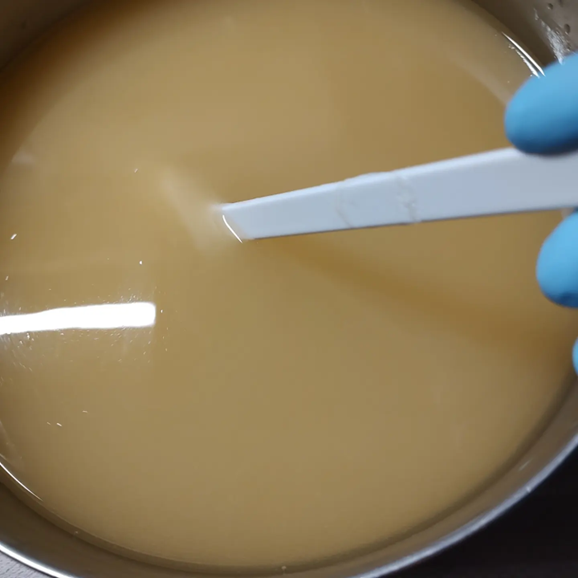Blog - Humectant
SOAP: Handmade vs Commercial
Posted by Susan Stringer - The Soap Lady, Jamestown, NC on Apr 13th 2023
 Making Handmade Soap
Making Handmade Soap
SOAP
Handmade vs Commercial
I could write a book on soapmaking however, a great short analogy would be to think of making a cake.
Scratch bakers use fresh ingredients such as eggs, flour, milk, baking powder and a few other items depending on their recipe for their end result, cake.
Most large commercial bakeries/box mixes use, processed flour, egg substitute, artificial flavoring, coloring, water, and preservatives.
Both recipes will give you cake, but which would you choose to consume when considering the ingredients?
Soap, like scratch cake, has been made for thousands of years in much the same way however, we now have the benefit of quality plant oils instead of tallow, or; animal fat. Each soapmaker has their own recipe but most contain a blend of olive, sunflower, grape seed oils. We do not use coconut or palm oils as it is not a favorite of ours and palm oil makes a harder soap but contributes to the deforestation of the rainforest....no thanks!
Whether handmade or commercial, soap is a measured blend of oils, fatty acids and water. Glycerin, a highly valuable humectant is created when you make soap and helps to draw moisture to the skin.
Commercial soapmakers remove valuable glycerin from their products to sell to the medical industry. By doing so they may by FDA rule no longer call their altered products soap but detergents. You recognize them by the names "beauty bar" or "deodorant bar".
If the word soap is not on your label you are using detergent. Yes, it will clean however, it will also strip your skin of your natural oils and may leave you feeling dry and itchy and reaching for more lotion.
Try using our handcrafted soap, your skin, the largest organ on your body will thank you!
*If you would like to try making your own soap or have any questions please contact us!
 Loading... Please wait...
Loading... Please wait...
